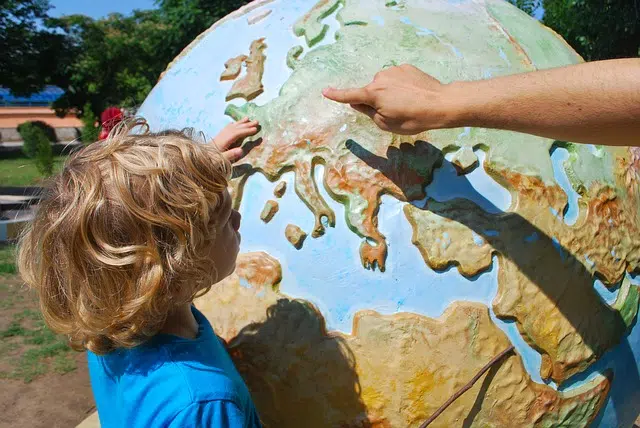
The learning process is linked to the reception and assimilation of knowledge.
The educational process encompasses various actions that tend to transmit knowledge and values . There are people who dedicate themselves to teaching and others who receive said teachings, learning from them.
It can be said, therefore, that in the educational process the teaching process and the learning process are distinguished. The latter covers everything related to the reception and assimilation of transmitted knowledge .
Development of the learning process
The learning process is individual, although it takes place in a specific social environment. To develop this process , the individual sets in motion various cognitive mechanisms that allow him or her to internalize the new information that is being offered and thus convert it into useful knowledge.
This means that each person will develop a different learning process according to their cognitive capacity. This does not imply that the possibility of learning is already determined from birth: from physical issues such as nutrition to psychological issues such as stimulation , there are numerous factors that affect a subject's learning capacity.
Beyond memorization
For the learning process to be successful, it is not enough for the person in the role of student to memorize what is being taught. After learning the information, you must understand, analyze and judge it to be able to apply the data. If the process is successful, the individual will have acquired knowledge and values that can even modify their behavior .
It is important to highlight that there is no single learning process. Throughout life, we all develop different learning processes: at school , at university , at work , in the family home , etc.

In the learning process, different cognitive mechanisms are put into action.
Stages of the learning process
One of the most fascinating aspects of learning is that it takes us from a point where we are absolutely unaware of the existence of a concept to one where we can master it and apply it skillfully in various fields. This happens to both people and other animals, and there are four well-defined stages that help us understand what happens in our brain step by step:
1) Unconscious incompetence
Before learning something new to us, it is normal that we are not aware of not knowing it, perhaps because we did not need it until that moment, or because we were not yet in a position to do so. To understand this first stage of the learning process with an everyday example, let's think about the first time a young child finds himself in front of a computer, a mobile phone or any other device; Before their discovery, I did not feel anxiety about not knowing how to use them, since I was not aware of their existence and, much less, of the enjoyment and benefits they could bring.
2) Conscious incompetence
In this second stage, we become aware of our lack of knowledge. For this reason, we begin to pay attention to the details that we previously ignored completely, to try to satisfy this new need that has been born in us . Continuing with the previous example, the child is faced with his incompetence in using the aforementioned devices and decides to overcome it by approaching them.
3) Conscious competition
After a lot of practice, we manage to develop new skills that allow us to function successfully in this area that we were unaware of a short time ago. Along with conscious incompetence, this is one of the two crucial stages of the learning process.
4) Unconscious competition
This is the point at which we have internalized new knowledge and can use it without being aware of it. Unlike forced learning, typical of the educational system , which consists of memorizing a series of concepts to pass an exam, we achieve unconscious competence when we make this information part of us.
